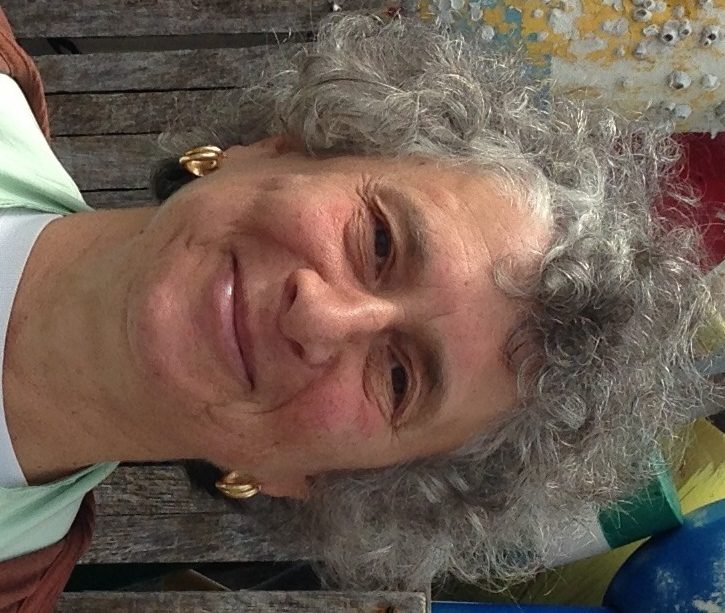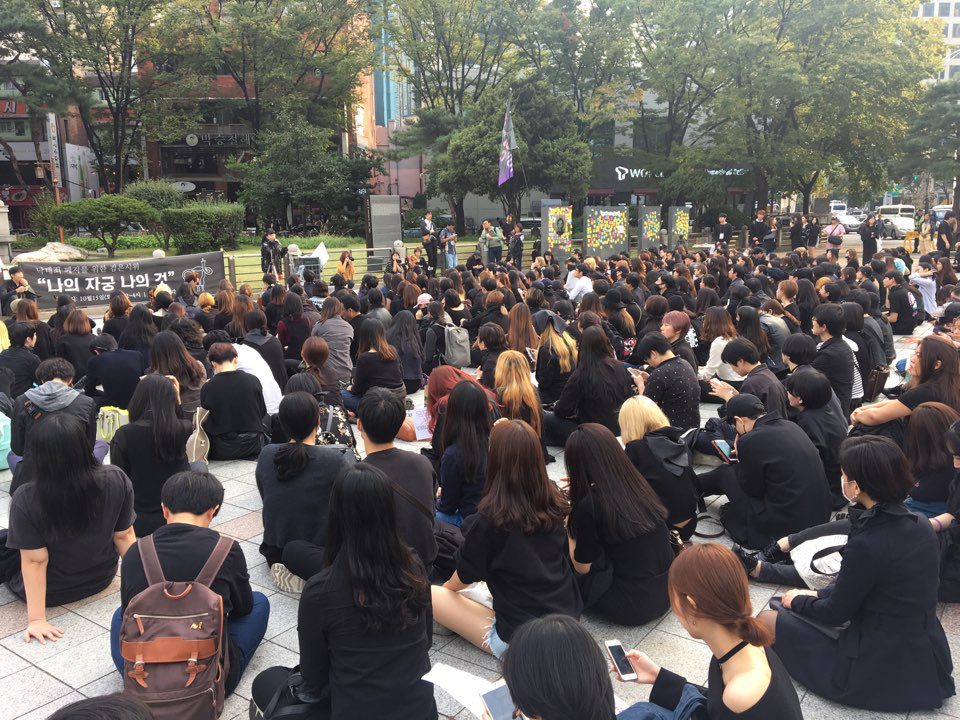For decades, Marge Berer has been a passionate advocate of the right of women and girls to access abortion, contraception and reproductive health care, calling on governments to provide these essential and life-saving services.
Marge Berer spoke to Amnesty about her own experience of unwanted pregnancy and the challenges women face in accessing safe and legal abortions.
How did you become a campaigner?
I became active in my mid-20s in the [UK-based] National Abortion Campaign because I had an unintended pregnancy. My partner at that time did not want to know about the pregnancy, and I decided after a long month of thinking what to do, to have an abortion. This was not long after the 1967 UK Abortion Act was passed, and my GP was quite scathing about it. She said she was only referring me because I wasn’t married. The doctor who did the abortion came round the room and told each of us he was going to “pop an IUD in”. I had to fight not to have that. Luckily, the nurse who found me sobbing when I woke up from the anaesthetic patted me on the arm and told me that it was my life, I had done what I thought best, and not to feel bad about it. That experience made me an abortion rights advocate for the rest of my life.
What’s been your greatest challenge as an activist?
Those in the movement that I am part of have to find ways to overcome the differences in our views, and reach consensus on how to act and what to support. We are also working to get governmental and inter-governmental support to put a stop to the violent behaviour of some anti-abortion campaigners.

Why is access to safe abortion important?
Access to safe abortion is necessary for women because they have sexual relationships with men. While the sex is hopefully wanted, pregnancy as a consequence of it may or may not be either intended or wanted. Moreover, sex is far too often not wanted, particularly among young women, and the extent of sexual abuse of girls is shockingly high. Either way, having sex is not a qualification for having a baby and being a parent. The advent of contraception and safe abortion has allowed us to separate sex from pregnancy, and to choose to have a child or children at the point when we definitely want them and are best able to raise them. Sometimes an unintended pregnancy may become a wanted one. And sometimes an initially wanted pregnancy may later become unwanted ‒ due to illness or divorce for example, or the foetus may have a serious impairment that the woman or the couple feel they cannot cope with.
Amnesty campaigns for access to safe abortion in countries including Ireland and El Salvador, where access is severely limited. How do the situations in these two countries compare?
They are similar in that in both countries all or almost all abortions are illegal. They are different in that women in Ireland can seek a safe abortion in Britain or another EU country nearby, while in El Salvador, there is nowhere nearby to travel to. Hence, in El Salvador there are many unsafe abortions among poor women as they cannot afford to pay for a safer illegal abortion. Furthermore, in El Salvador when women go to a hospital with complications from an unsafe abortion, or even from a naturally-occurring miscarriage or stillbirth, they are at risk of being arrested, put on trial for either illegal abortion or homicide, and sent to prison, often for many years. For several years now, there has been an internationally supported campaign to free 17 of those women (Las 17), which Amnesty has been centrally involved in supporting. In fact, we know of women in at least 26 countries who are in prison for having had an abortion.

How have public perceptions of abortion changed in recent decades?
Across the world the great majority of people support access to safe abortion on at least some grounds, certainly when there is a risk to the woman’s life or health, where the pregnancy resulted from rape or sexual abuse, and in cases of serious foetal impairment. An increasingly vicious anti-abortion movement is trying to turn back the clock everywhere. This is because they believe that women should be enslaved by their own fertility and denied autonomy over their own lives. The anti-abortion movement ignores and does nothing for living children in need.
The anti-abortion movement ignores and does nothing for living children in need.
Marge Berer
Women’s empowerment and education are vital to upholding their sexual and reproductive rights. To what extent does boys’ and men’s education also have a role in promoting women’s equality?
Men have 50% of the responsibility for causing unintended pregnancies in consensual sex, and 100% of the responsibility when they force sex on a girl or woman. This is true of men at every level of the social ladder. There is an ethical imperative on men and boys not to force sex on anyone, and to support women’s right to safe abortion. This should be a central part of sex and relationships education.


